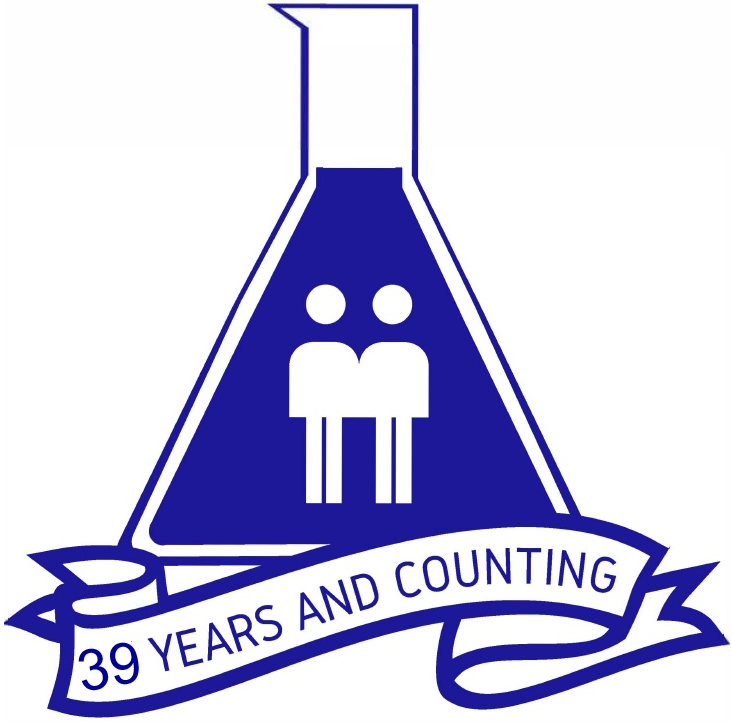History of SHARE - MACS and MWCCS

The Multicenter AIDS Cohort Study (MACS) is an ongoing prospective study of the natural and treated histories of HIV-1 infection in homosexual and bisexual men conducted by sites located in Baltimore (SHARE), Chicago, Pittsburgh, and Los Angeles. The sites were funded in 1983 by the National Institute of Allergy and Infectious Disease (NIAID) and in 1987 the Center for the Analysis and Management of MACS data (CAMACS) was established at the Johns Hopkins Bloomberg of Public Health. A total of 6,973 men have been enrolled. From April 1984 through March 1985, 4954 men were enrolled; an additional 668 men were enrolled from April 1987 through September 1991. A third enrollment of 1351 men took place between October 2001 and August 2003.
SHARE, the Study to Help the AIDS Research Effort, began recruitment in April 1984. 1,153 men enrolled in SHARE, with 40 percent coming from the Washington, DC, area. In order to enter the study, men had to meet 3 criteria:
- be between the ages of 18 and 65
- be gay or bisexual
- have no symptoms of HIV
In the late 1980s, SHARE recruited about 240 more men, mainly minorities, bringing enrollment up to 1,393. When the test for HIV ELISA became available, it was performed on stored blood specimens from SHARE participants. We found that 35 percent of SHARE participants were HIV-positive, 10 times greater than expected. SHARE enrolled an additional 357 participants (not necessarily gay or bisexual) between October 2001 and August 2003 bringing total enrollment to 1750. This third cohort augments research efforts in the long-term benefits and adverse effects of therapy.
The MACS sought to:
- Characterize the range of responses to HAART (Highly Active Antiretroviral Therapy), with special emphasis on the disease stage at which HAART is taken
- Define the effects of HAART on clinical outcomes i.e., AIDS, infections, etc.
- Compare clinical outcomes in people who receive HAART and those who do not
- Characterize the long-term adverse effects and treatment-related effects of HAART
- Describe long-term patterns of HAART use
- Ascertain long-term patterns of behavior that can lead to the spread of HIV infection
The Creation of the MWCCS
In 2018, after 35 successful years of characterizing the natural history of HIV, the NIH decided to combine the MACS with another longitudinal multicenter study that investigates the progression of HIV in women called the Women’s Interagency HIV Study (WIHS). The WIHS started in 1993 and has enrolled nearly 5,000 women across 9 sites. Because of the similarities between the studies, it is understandable why the NIH chose to combine the studies for a singular purpose, to focus on comorbidities and aging among men and women living with HIV.
The MWCCS protocol focuses on eight specific aims of research:
| Aims: | Hypothesis |
| 1. Cardiovascular | Focused on identifying behavioral and HIV-related risk factors associated with cardiovascular disease |
| 2. Pulmonary & Sleep | Focused on identifying risk factors, biomarkers, and the influence of HIV on lung function and sleep quality |
| 3. Neurocognitive | Focused on identifying and profiling mental impairment and brain structure related to HIV |
| 4. Aging | Focused on investigating the incidence of aging related conditions within the cohort |
| 5. Cancer | Focused on determining the incidence and risk factors associated with HIV/AIDS and cancer |
| 6. HIV Pathogenesis | Focused on understanding factors influencing HIV persistence |
| 7. Psychosocial | Focused on examining the relationship between a person's mindset and their health outcomes |
| 8. Health Disparities | Focused on evaluating the effect of personal characteristics such as race, sex, education, and income on a person's health outcomes |
The MWCCS Data Analysis and Coordination Center (DACC) is located at the Johns Hopkins University Bloomberg School of Public Health. The DACC is responsible for all aspects of data collection including reporting, statistical analysis, and centralized data management for the MWCCS.
The MWCCS is funded primarily by the National Heart, Lung, and Blood Institute (NHLBI), with additional co-funding from various institutes such as the National Institute of Child Health and Human Development (NICHD), National Institute on Aging (NIA), National Institute of Dental and Craniofacial Research (NIDCR), National Institute of Allergy and Infectious Diseases (NIAID), National Institute of Neurological Disorders and Stroke (NINDS), National Institute of Mental Health (NIMH), National Institute on Drug Abuse (NIDA), National Institute of Nursing Research (NINR), National Cancer Institute (NCI), National Institute on Alcohol Abuse and Alcoholism (NIAAA), National Institute on Deafness and Other Communication Disorders (NIDCD), National Institute of Diabetes and Digestive and Kidney Diseases (NIDDK), National Institute on Minority Health and Health Disparities (NIMHD), and in coordination and alignment with the research priorities of the National Institutes of Health, Office of AIDS Research (OAR).
For more information about SHARE, please visit our homepage or call us at 410.955.7090 or 1-866-392-8991. You can also search scientific reports and archives regarding SHARE and the MWCCS by visiting the MWCCS website (https://statepi.jhsph.edu/mwccs/).
